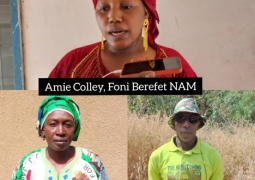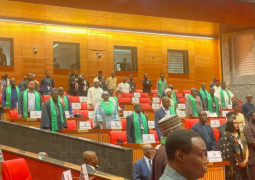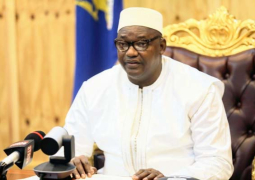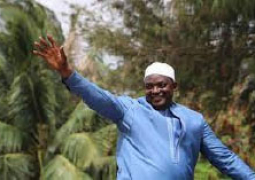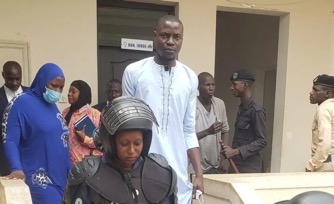
It would be recalled that the accused, Ousainou Bojang, denied owning a pair of combat shoes said to belong to his brother but admitted to owning another pair of white shoes that fitted him when tested in court.
The prosecution’s request sought to call a cobbler to testify on the process of measuring shoes, linking it to Exhibit P26, a piece of evidence already on record. The unusual move sparked immediate objection from Defence Counsel L.J. Darboe, who cited procedural irregularity and argued that the prosecution had already closed its case.
The Court concurred with the defence, emphasising that allowing such testimony at this stage, while the first accused (Ousainou Bojang) was under cross-examination, would breach established criminal procedure and undermine the fairness of the trial.
“This practice is not only inappropriate but also contrary to the principles enshrined in the criminal procedure,” the ruling stated. “The Defence is entitled to present its case without the undue influence or interruption of ongoing prosecutions.”
The Court likened the situation to inviting a mobile technician in the mid-trial to unlock a phone, and highlighted that while such evidence may be crucial and timely in one context, the issue of shoe measurement has already been addressed through existing evidence.
The presiding judge, Justice Ebrima Jaiteh, ruled that permitting the cobbler to testify now would constitute procedural impropriety and risk compromising the integrity of the judicial process. The prosecution was advised to file a formal application, if they wish to revisit the matter, in line with legal standards and proper procedure.
“This Court remains committed to ensuring that both parties are given fair and equal opportunities to present their cases. The rule of law and due process must be preserved,” the ruling concluded.
The case was adjourned until 14 May 2025.
Read Other Articles In Headlines
